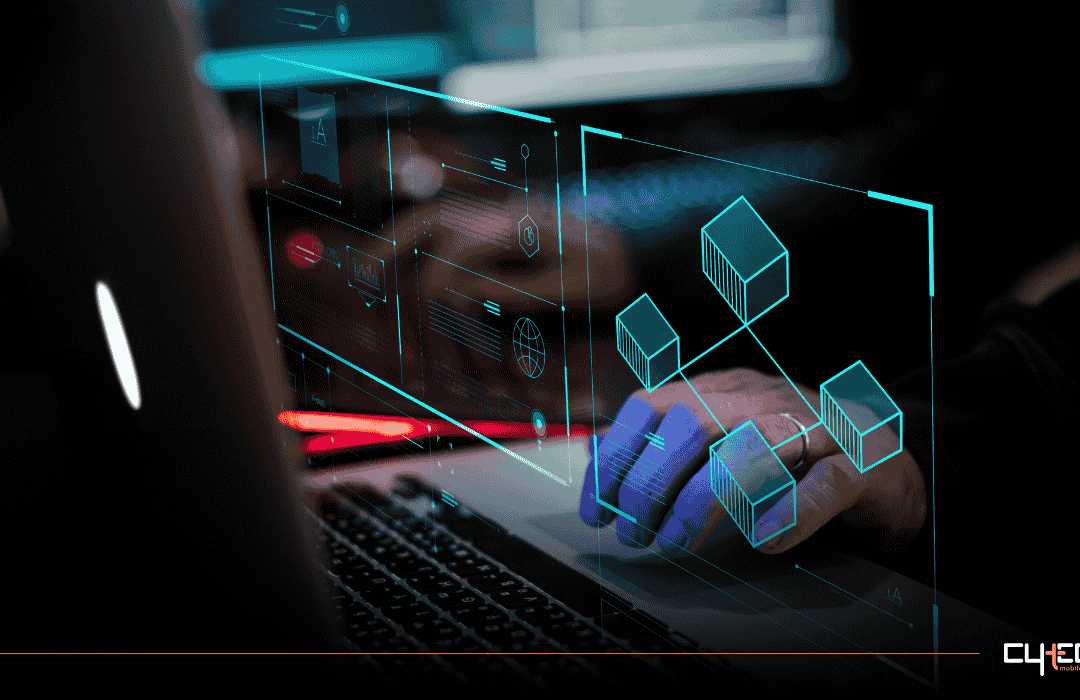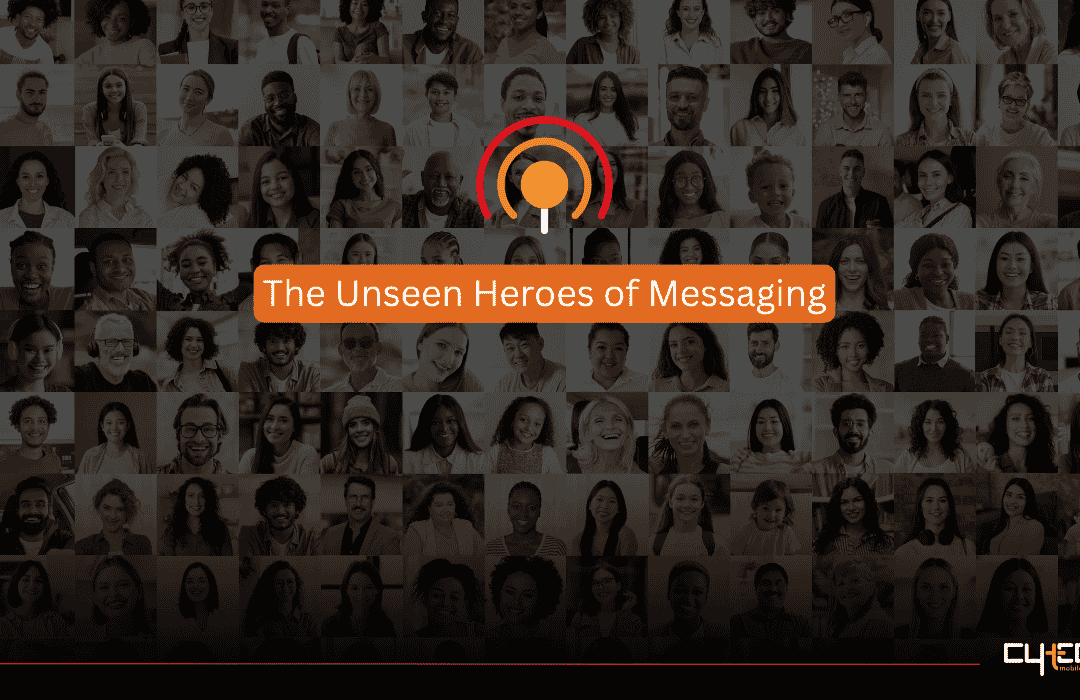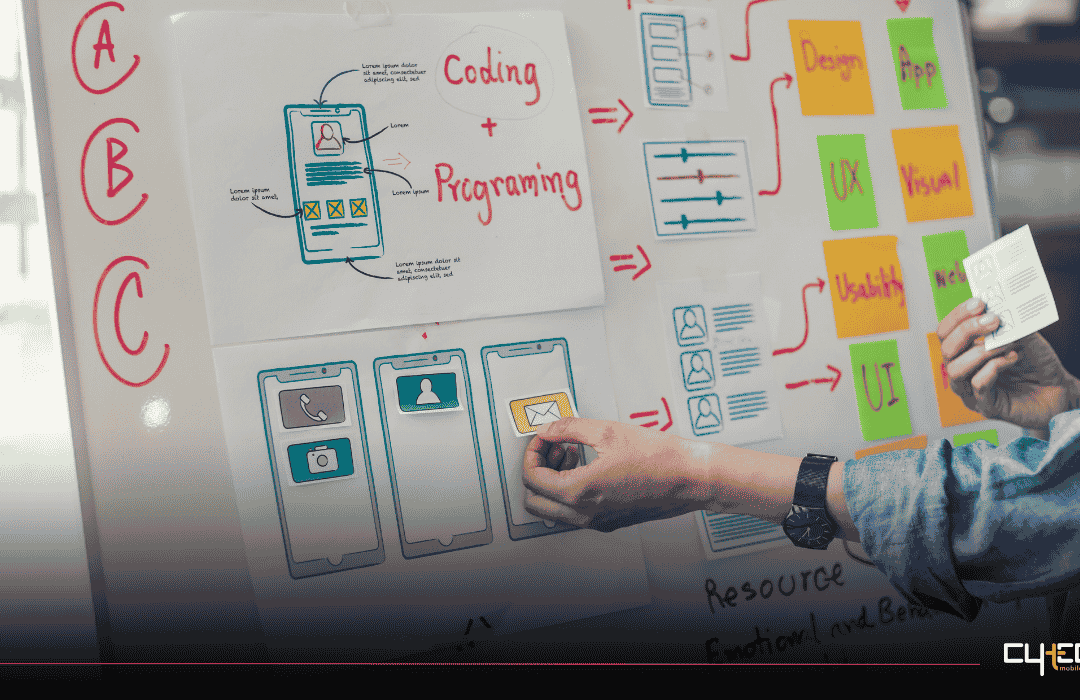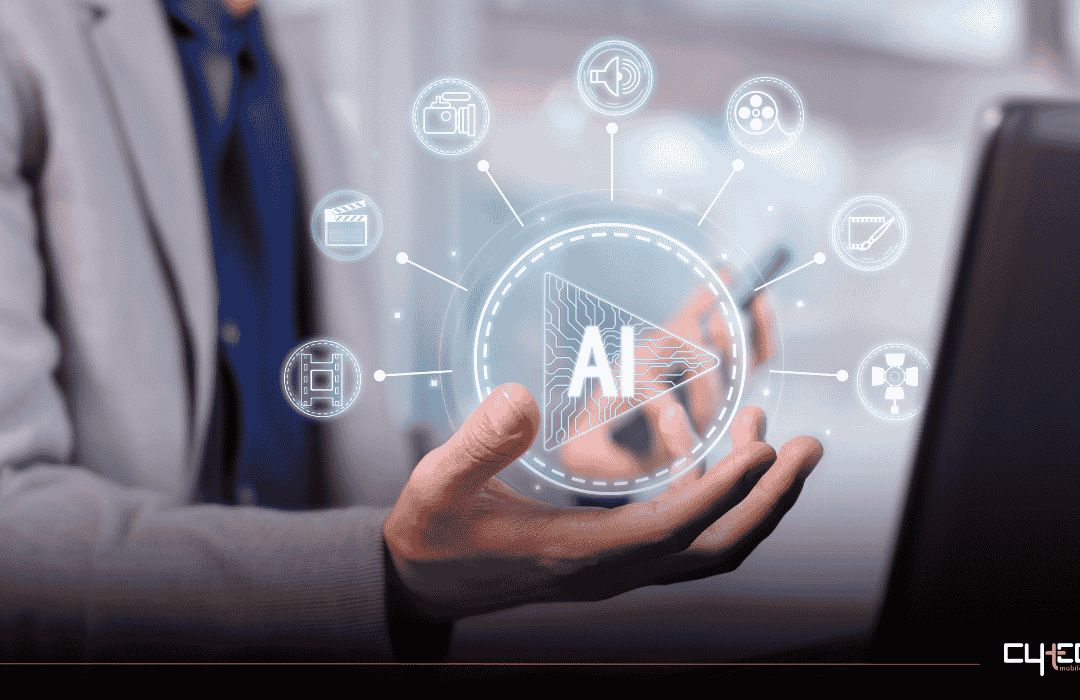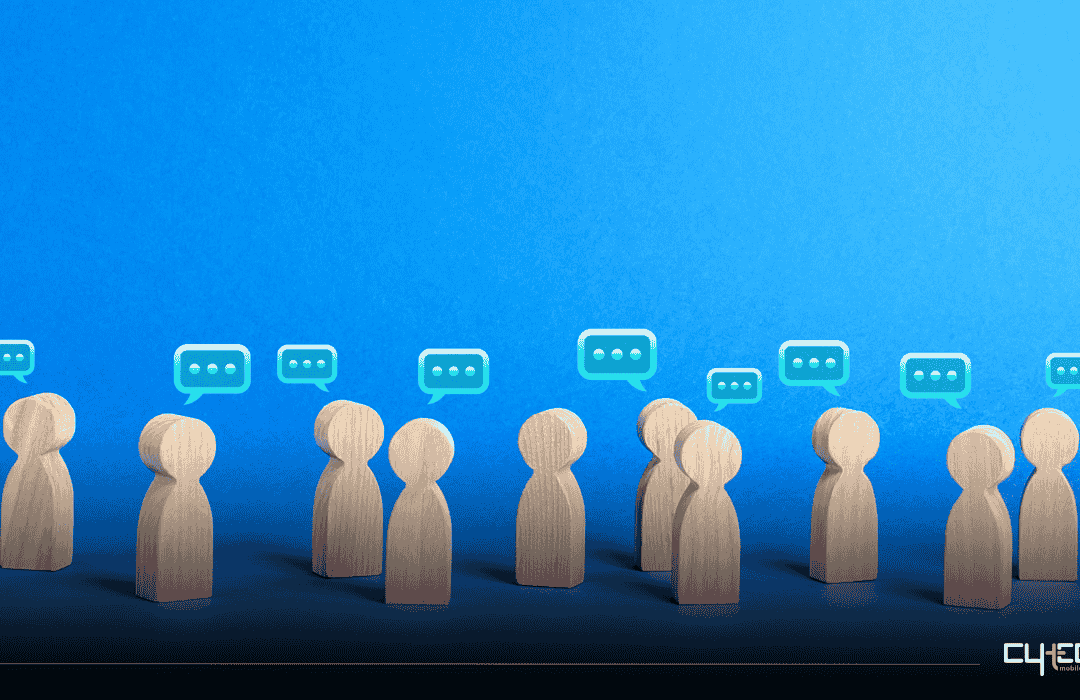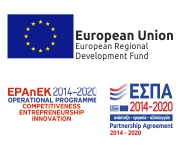Anyone who has worked even briefly in a real production environment knows the anxiety that arises when something stops working properly and there is no clear explanation. Users report issues that are difficult to reproduce, the system slows down for no obvious reason, and the data in front of you does not lead to any solid conclusion. Logs are poor or vague, metrics appear “normal,” and yet the user experience is degrading.
Every generation invents new ways to speak to the world, but only a few inventions completely reshape how humanity connects. Long before smartphones, apps, or the internet, communication depended on paper, travel, and patience. Messages crossed oceans by ship and borders by rail, often arriving weeks after they were written. Then, in 1844, Samuel Morse sent his now-famous message — “What hath God wrought?” — and something extraordinary happened.
In a world where software delivery speeds keep accelerating, CI/CD has become the backbone of modern DevOps. But as cloud-native architectures grow more complex, one methodology is rising from a niche practice to a mainstream standard: GitOps.
Every day, billions of texts, chat messages, and notifications fly invisibly around the world. A “ping” wakes us up in the morning, another reminds us of a payment, and by evening we’ve sent dozens of messages without a second thought.
Ever opened an app that looked promising, only to get lost in confusing menus or endless forms? That frustration you felt wasn’t a bug — it was bad UX. And that’s exactly why software developers should care more about user experience design.
Telecommunications networks are the bedrock of the modern economy and society. They function as the beating heart of our digital world, transmitting every critical message, call, and financial transaction. Because of this unparalleled importance, telecoms have become a prime target in the evolving cyber threat landscape. Cyber attacks against these networks can cripple governments, financial markets, and emergency services. This article delves into why robust, proactive cyber security strategies are the only way forward for telecommunications providers to shield their critical infrastructure and guarantee the trust and resilience of the global communication system.
Artificial Intelligence (AI) has moved from futuristic promise to present-day impact, particularly in the realm of software development. From concept to continuous deployment, AI now influences nearly every phase of the Software Development Lifecycle (SDLC). This transformation is not only enhancing productivity but also redefining the way developers, designers, and businesses approach software engineering.
Every SMS hides a transaction more valuable than its 160 characters. This phrase captures how Application-to-Person (A2P) messaging underpins billions of dollars in commerce and critical services daily.
Open source has evolved from a developer’s philosophy into a cornerstone of enterprise innovation. Today, 96% of commercial codebases rely on open-source components that power the world’s digital infrastructure. Discover how open ecosystems drive agility, transparency, and sustainable growth — transforming software from code into shared value.
For more than three decades, SMS has been the backbone of mobile communication. From the first “Merry Christmas” text in 1992 to today’s enterprise-scale messaging campaigns, traditional telco messaging has proved remarkably resilient. Yet the past decade has witnessed the meteoric rise of Over-The-Top (OTT) applications —WhatsApp, Viber, Telegram, WeChat, and many others — that bypass telco infrastructure, offering richer, app-based messaging experiences.
